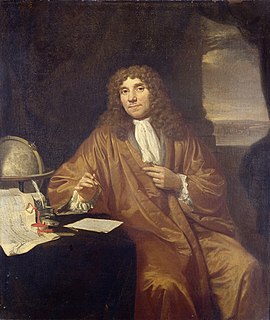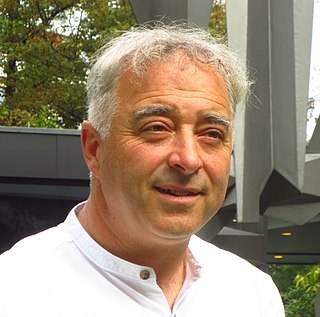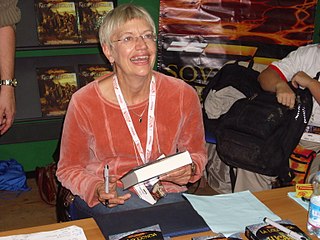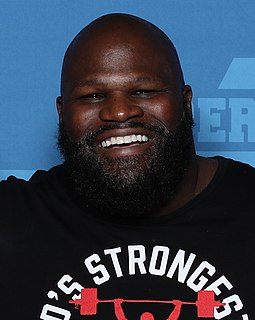A Quote by Alex Tizon
I think there has been a long-running notion in the West that Asia was a continent of people that were really conquerable. That people from Asia were weak, they were small in all ways - including physically small, geopolitically small, economically small - all of which are changing, of course.
Related Quotes
At the beginning of the 20th century, before the migration began, 90 percent of all African-Americans were living in the South. By the end of the Great Migration, nearly half of them were living outside the South in the great cities of the North and West. So when this migration began, you had a really small number of people who were living in the North and they were surviving as porters or domestics or preachers - some had risen to levels of professional jobs - but they were, in some ways, protected because they were so small.
There was great political uncertainty in South Asia at the time of the Buddha. The older small tribal societies were cracking up and gave way to bigger states. There was much more trade and travel going on than before. To people in the cities the experience of living in a small place where you knew everyone and governed your affairs by consensual democracy had been lost.
I grew up in the small German village of Bosingen, which is located between Black Forest and the state capital of Stuttgart. And when I say small, I mean small. In our village, there were no more than 1,700 people. And we all loved football, but there weren't a lot of places for us boys around town to play in.
The 4th sort of creatures... which moved through the 3 former sorts, were incredibly small, and so small in my eye that I judged, that if 100 of them lay [stretched out] one by another, they would not equal the length of a grain of course Sand; and according to this estimate, ten hundred thousand of them could not equal the dimensions of a grain of such course Sand. There was discover'd by me a fifth sort, which had near the thickness of the former, but they were almost twice as long.
The first time bacteria were observed.
This planet has - or rather had - a problem, which was this: most of the people living on it were unhappy for pretty much of the time. Many solutions were suggested for this problem, but most of these were largely concerned with the movement of small green pieces of paper, which was odd because on the whole it wasn't the small green pieces of paper that were unhappy.
There are more stars than there are people. Billions, Alan had said, and millions of them might have planets just as good as ours. Ever since I can remember, I’ve felt too big. But now I felt small. Too small. Too small to count. Every star is massive, but there are so many of them. How could anyone care about one star when there were so many spare? And what if stars were small? What if all the stars were just pixels? And earth was less than a pixel? What does that make us? And what does that make me? Not even dust. I felt tiny. For the first time in my life I felt too small.
You know," he said with unusual somberness, "I asked my father once why kenders were little, why we weren't big like humans and elves. I really wanted to be big," he said softly and for a moment he was quiet. "What did your father say?" asked Fizban gently. "He said kenders were small because we were meant to do small things. 'If you look at all the big things in the world closely,' he said, 'you'll see that they're really made up of small things all joined together.' That big dragon down there comes to nothing but tiny drops of blood, maybe. It's the small things that make the difference.
Our party [Republicans] has been focused on big business too long. I came through small business. I understand how hard it is to start a small business. That's why everything I'll do is designed to help small businesses grow and add jobs. I want to keep their taxes down on small business. I want regulators to see their job as encouraging small enterprise, not crushing it.
The dwarves of course are quite obviously, couldn't you say that in many ways they remind you of the Jews? Their words are Semitic obviously, constructed to be Semitic. Hobbits are just rustic English people, made small in size because it reflects (in general) the small reach of their imagination - not the small reach of their courage or latent power.


































